
Prevent vacuum sealer overheating with these proven maintenance tips. Learn duty cycles, cooling times, and troubleshooting from Australia's vacuum sealing experts.
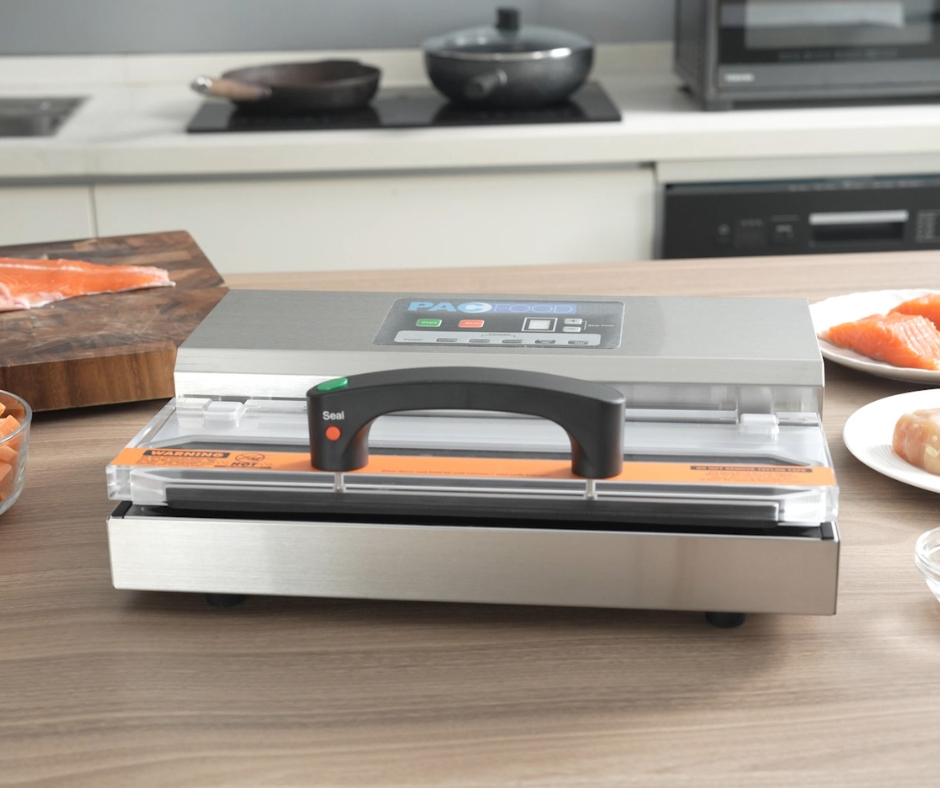
Learn essential vacuum sealer maintenance tips to extend equipment life. Expert cleaning guides, troubleshooting advice, and preventative care schedules for Australian users.
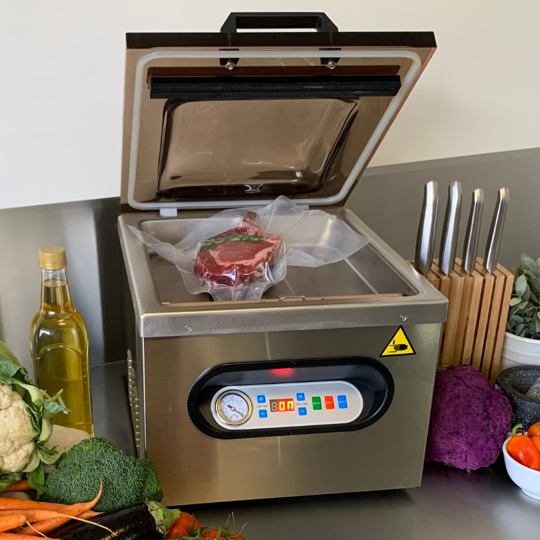
Not all vacuum sealers are equal. Learn which features matter most for food preservation, storage & value. Expert guide for Australian buyers.
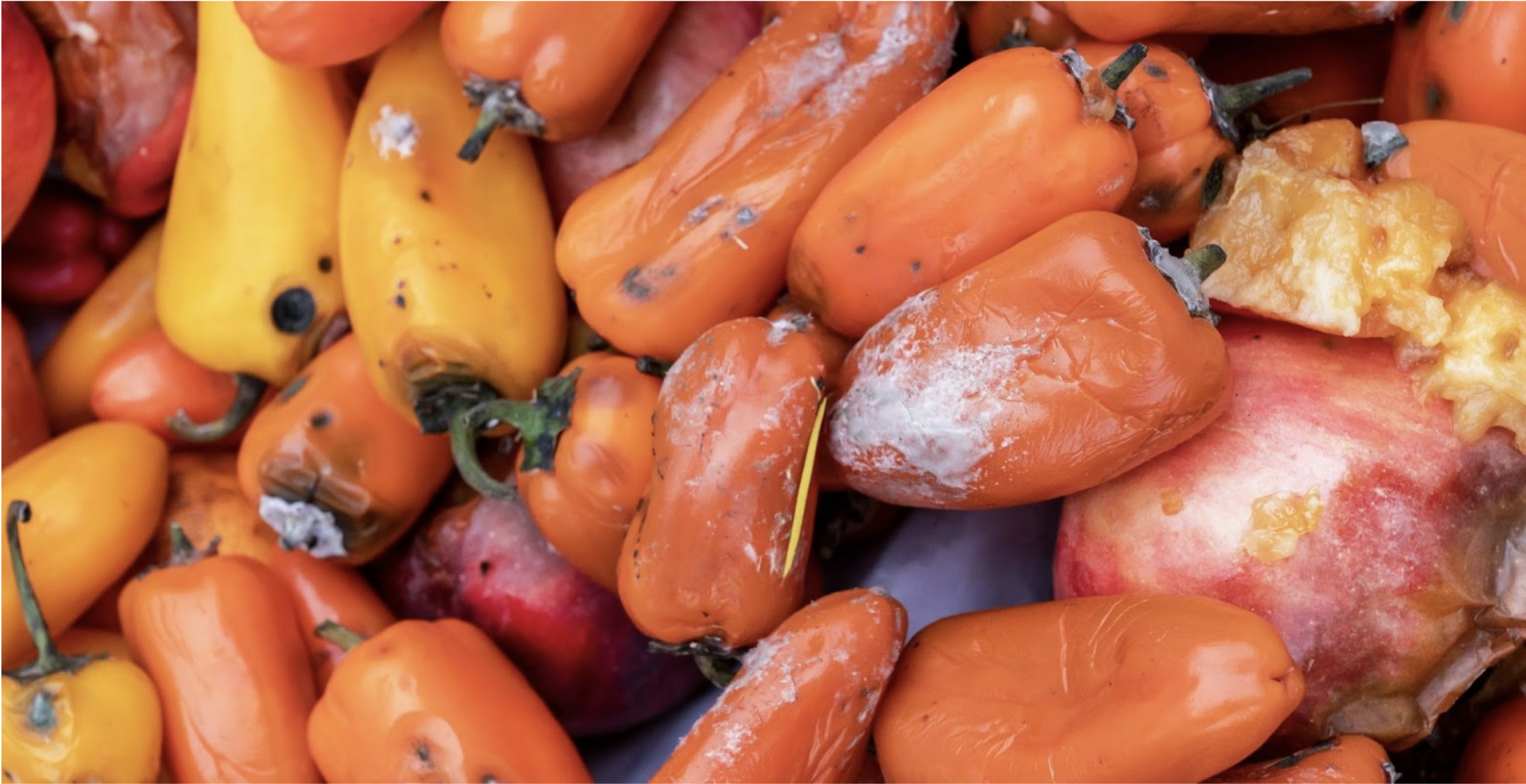
Discover the 5 most common vacuum sealing problems and learn quick, practical solutions to keep your vacuum sealer working perfectly every time.
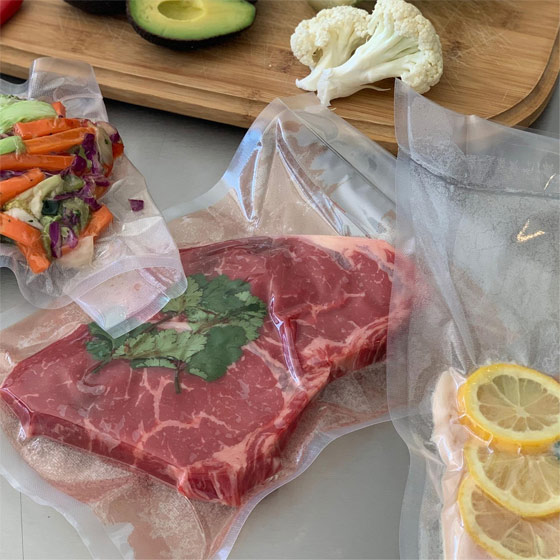
Learn how to vacuum seal moist foods safely and effectively. Discover the right techniques, bags, and tips to keep soups, stews, and wet foods fresh for longer.

Discover the key benefits of using a heat sealer for packaging and learn exactly how it works. Find out why businesses and home users rely on this versatile tool.

Discover 20 powerful benefits of vacuum sealing — from longer-lasting freshness to space-saving storage and food waste reduction.
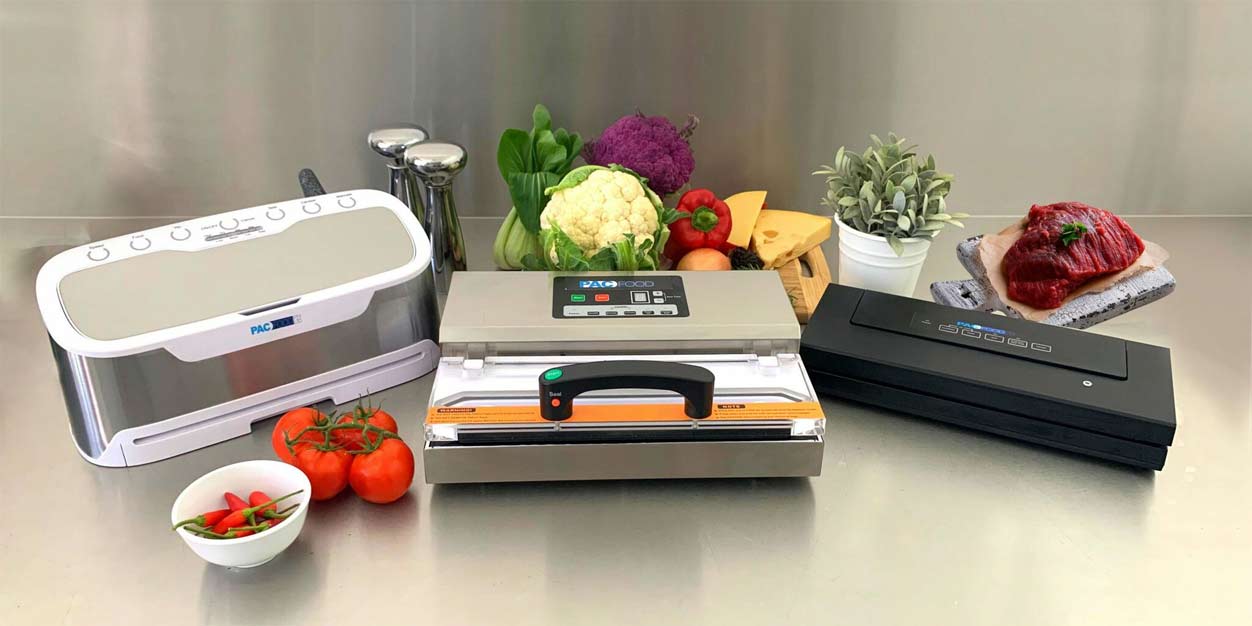
Looking for the best value vacuum sealer? Compare top-rated brands for performance, price, and features. Find out which one is worth your money.
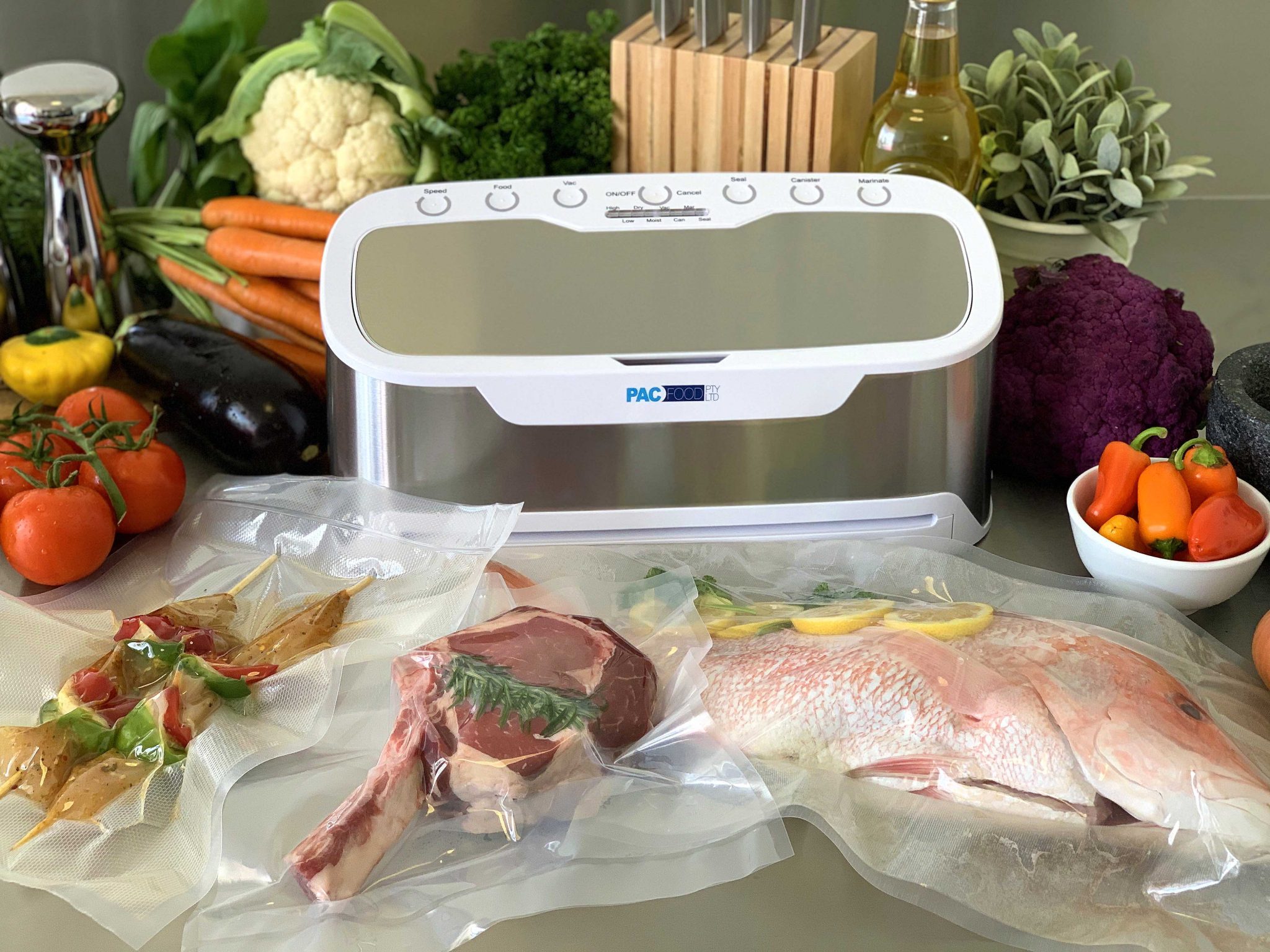
Explore the different types of vacuum sealers, including chamber, external, and handheld models. Learn which vacuum sealer suits your needs best—whether for home or commercial use.

Not all foods are safe to vacuum seal. Learn which items to avoid and why, plus safer alternatives to keep your food fresh and safe longer.
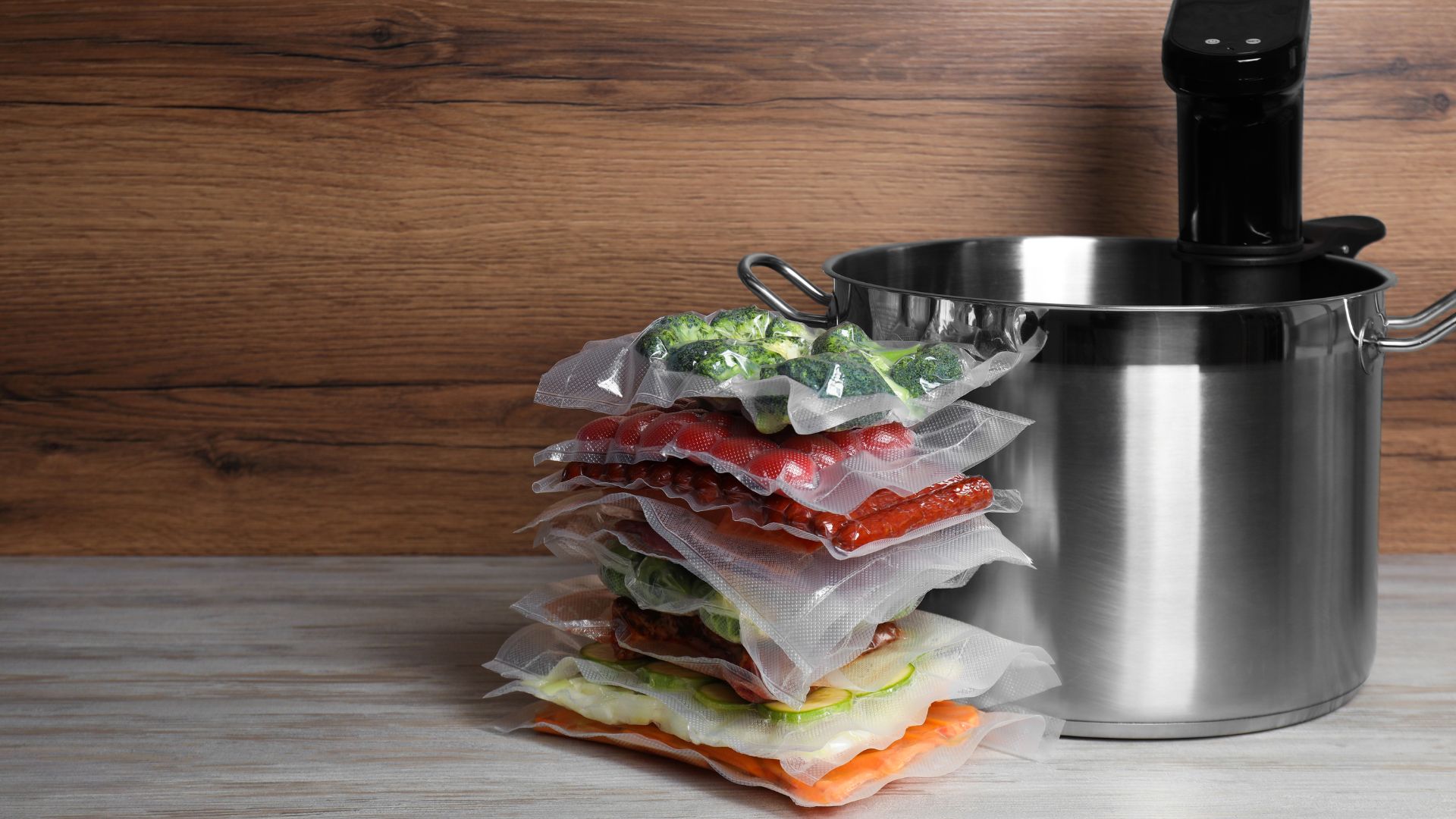
Discover the top 10 foods to sous vide for the best flavour and texture. From steak to salmon and eggs, learn how sous vide cooking transforms your meals.

A great piping bag can make all the difference between stunning, effortless decoration and a frustrating, messy experience. For professional pastry chefs and home bakers alike, choosing the right piping bag is crucial for achieving the perfect design.

By removing air and sealing in freshness, vac bags help extend shelf life, reduce food waste, and save you money. But that’s just the start—let’s dive into the key reasons why vacuum sealing is a must for smarter food storage.
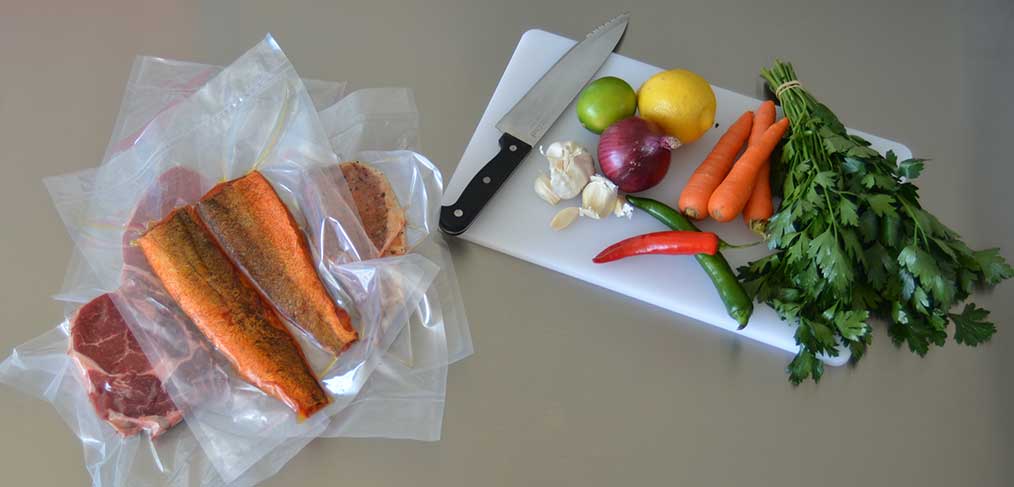
Let's explore the benefits of vacuum sealing, the confusion between Cryovac and vacuum sealing and how to choose the right vacuum sealing machine for you.

Improperly stored food and poor food hygiene can lead to food poisoning. Contaminated food can look and smell fine, which is why it's important to ensure it's stored properly in the first place.
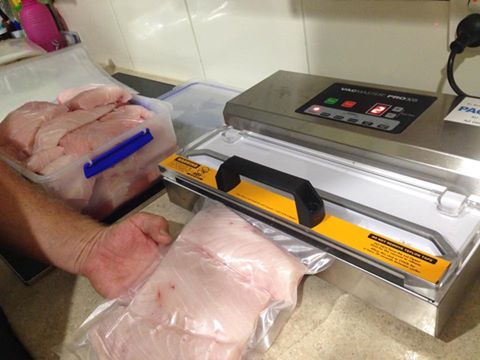
The science behind vacuum sealing is a fascinating dive into food preservation, making it one of the most effective ways that we can all help reduce food waste and keep our food fresh for longer.

Vacuum sealing is a fantastic way to keep food fresher for longer, reduce waste, and streamline meal prep. However, delicate foods like berries, baked goods, soft meats, and pre-packaged meal trays are prone to being crushed if sealed improperly. To
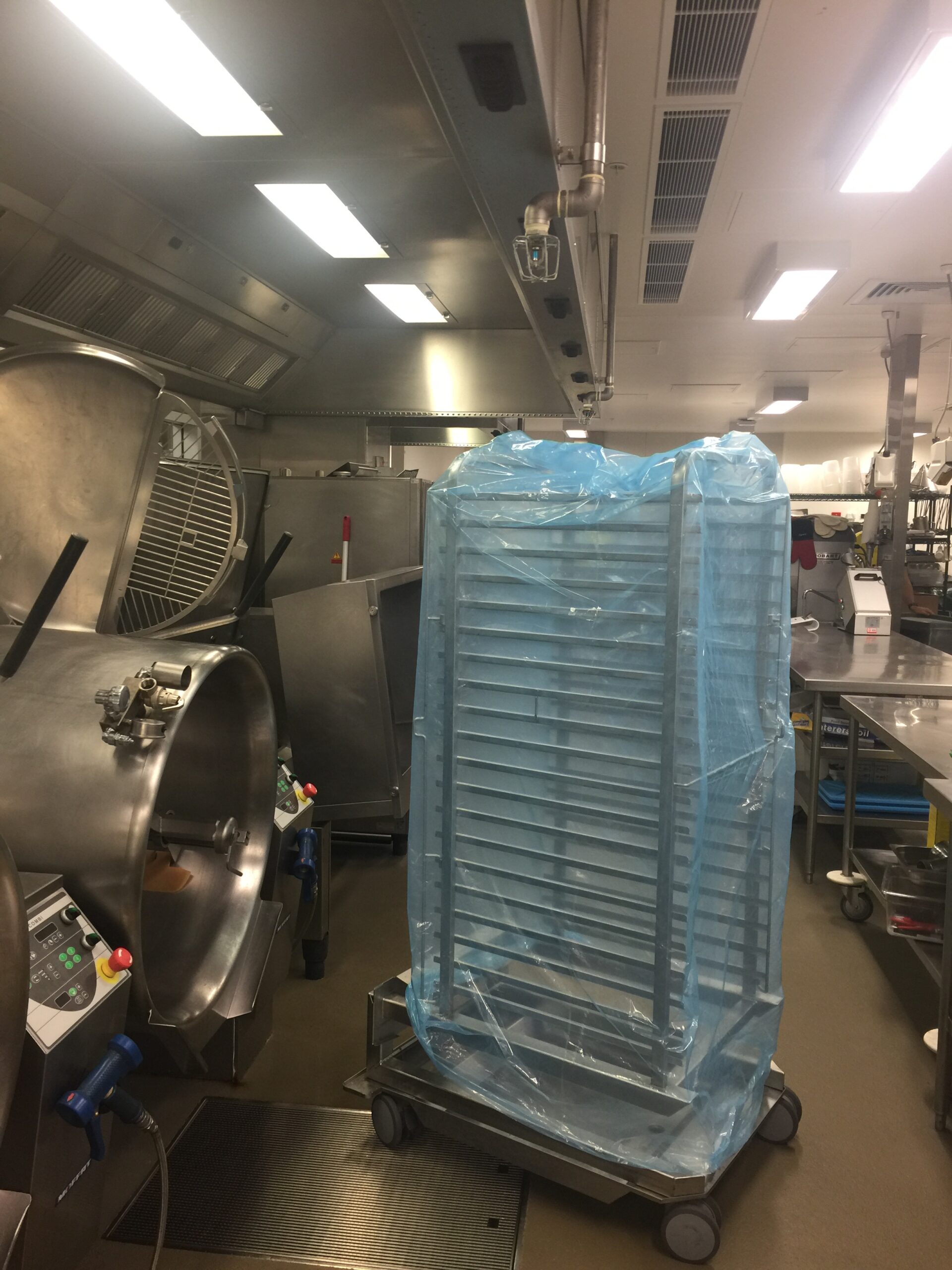
Finally, there is an alternative to plastic wrap and heavy washable cloth covers for protecting your food during service. Read on to find out how our recyclable, disposable trolley covers are the solution you've been looking for.